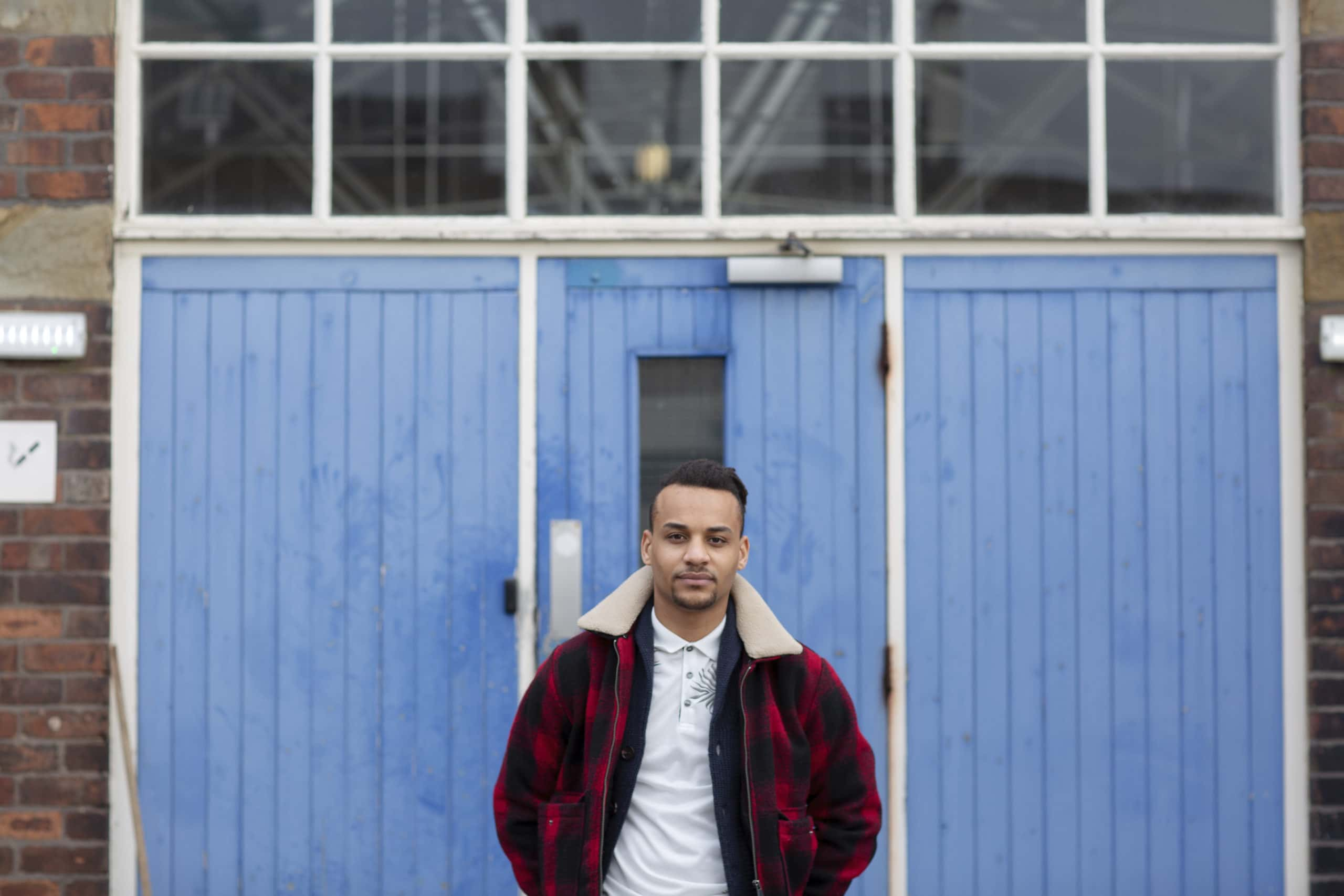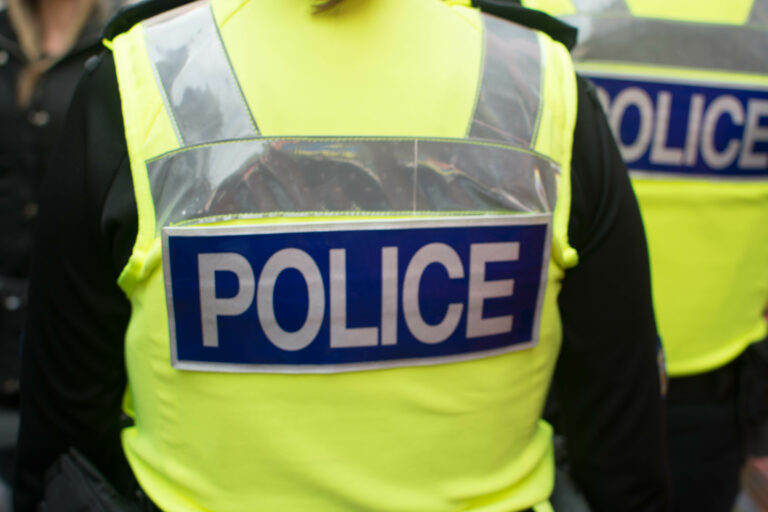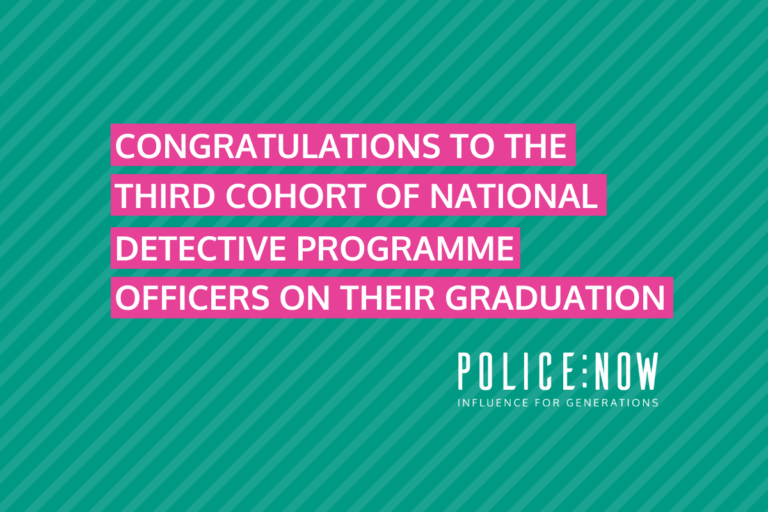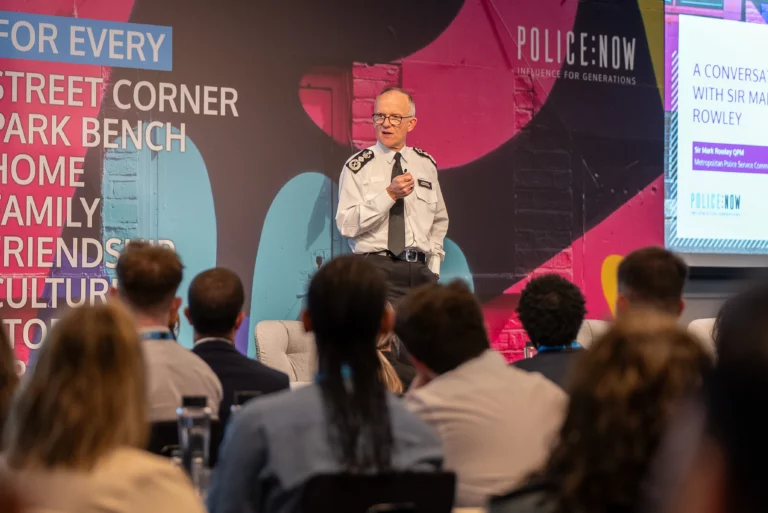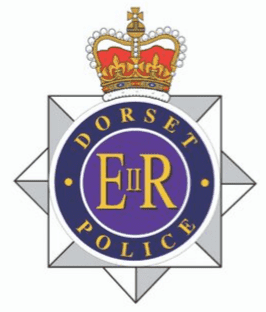Q&A with DI Upile Mtitimila
Detective Inspector, Cheshire Constabulary
Police Now Alumnus
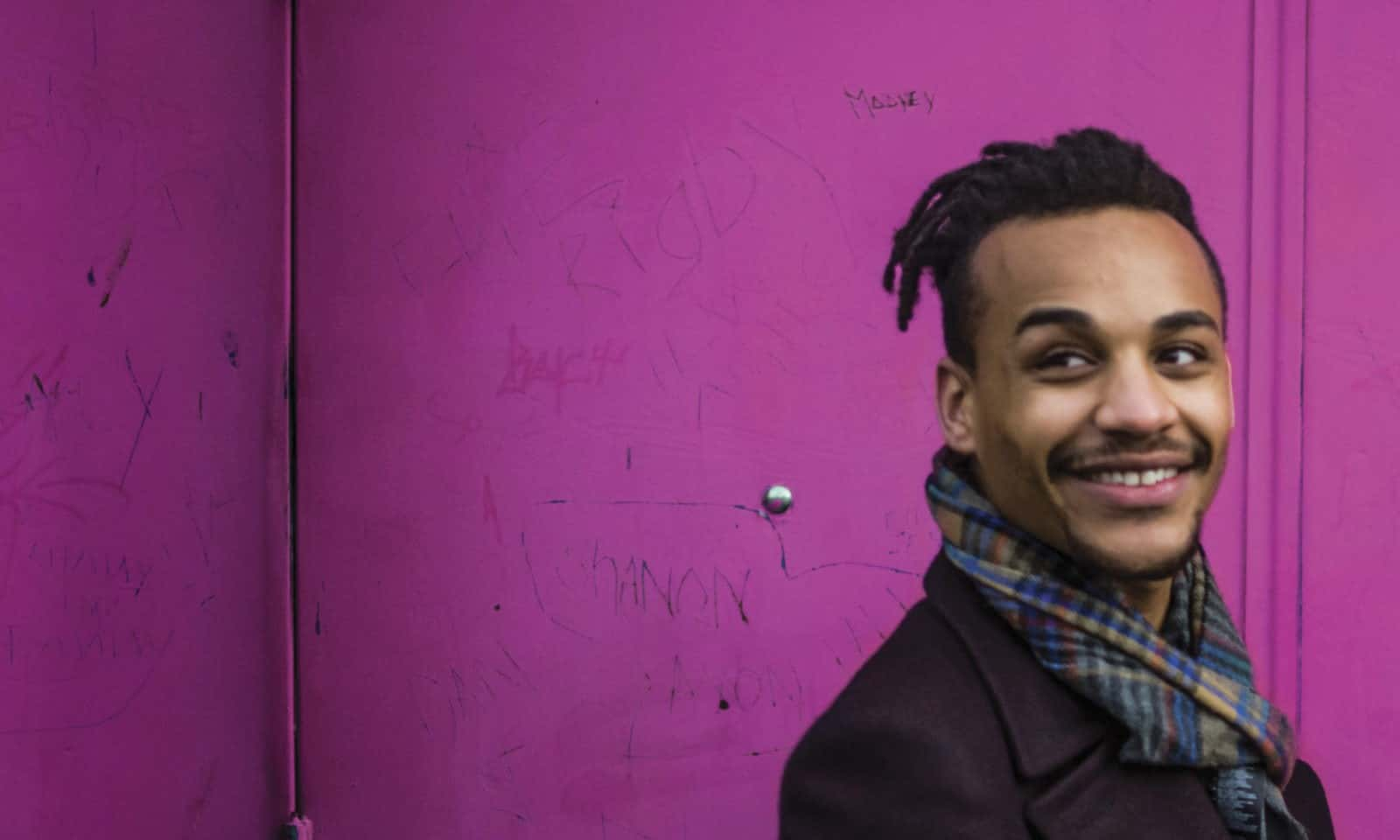
Upile Mtitimila joined the Police Now National Graduate Leadership Programme in 2016 and trained as a neighbourhood police officer with Cheshire Constabulary. Since graduating the programme he has progressed into a career as a detective and is now a Detective Inspector. Here he speaks to us about his current role and his views on diversity and representation in the police service as we near the end of Black History Month in the UK.
What does your day-to-day role as a detective look like?
The brilliant thing about the day-to-day is that it varies. It is just as varied as any unform role I’ve been in and just as challenging – although the challenges are different. For me, a good day would be getting a positive result in a case or the result of a line of inquiry that cracks the case open. Ultimately, as long as I can say I did my best for the victims of crime then that’s about as consistent as a day can look. There really is no clear structure and the units I work on are really varied which means no two days or cases are the same.
Did you have any concerns before joining the programme. What were these and have these changed since joining?
I was apprehensive about policing before joining. This was due to some personal negative experiences with the police and some of the wider coverage across the media which I internalised. I think I generalised my expectations – based on these experiences – across the organisation and officers; particularly around whether I would feel included and practices and behaviours I might be uncomfortable with. Since joining all those pre-conceptions have largely been misconceptions. I work with incredible people and do feel included and valued. Policing isn’t always perfect but it strives to be and it is constantly working towards that, with so much capacity for difference to be valued and shape the service we deliver.
Did your family and friends have any concerns about you joining the police?
Personally, I was lucky to have support from my immediate family and the majority of my friends. I have grown apart from some friends but I think that was just natural change as opposed to being “because of my job”. My mum was nervous around what I might experience within policing and I think this came from the dominance of a negative discourse around policing. I think my family are proud of me and my mum has probably got more confidence in policing from my experiences and the conversations we have.
How important do you think it is that we have a representative police force and how do you think this helps policing?
Representation in policing is essential. Diversity of experience only strengthens the services we provide. The opportunity to improve our engagement and change the ways in which we work benefits the organisation as a whole. I think conversations on diversity in policing can become mistakenly focused on perceptions of supporting some groups more than others… For me it is about equity and understanding blockers within groups to improve the service as a whole and empower people from all groups to have confidence to apply for roles and develop themselves. I will never forget the elderly black man who commented on me carrying handcuffs and not wearing them. People need to see people that represent them in policing and it starts to change the narrative of policing being something done to people and shift it back to its core… something done by people – right back to Peel and the idea of the police are the public and the public are the police.
Do you think the attitude towards diversity and inclusion is changing within the police?
I think it’s important that we recognise the positive progress that has been made over the years. Progress has been made. I have seen attitudes change within my time as an officer and every single conversation I’ve been involved in, the issue in relation towards attitude, has always been a communication issue. It is so important we work collectively and bring people along in terms of showing how there is an issue (data) and why Diversity, Equity and Inclusion is important to policing – for communities, but also operationally. There is more to be done and I am committed to affecting change from within. Policing needs to show that change, and empower individuals to feel as though it is something they can be themselves. If we get the inclusive culture right, then diversity will grow. On the other side I think retention reflects how well any organisation sells itself… if there is a mismatch then people may leave; I intend to stay.
How do you think the police can build trust within communities of people from ethnic minority backgrounds?
I think this needs to involve real listening and engagement. Bringing people into the organisation to see things for themselves. That might be briefings on some of the training, it might mean observation – meaningful ways of engaging communities in things that impact them in relation to policing. Beyond actively bringing in different perspectives to feedback on the organisation and discuss what we do and how we do it, it needs to involve equipping officers to confidently engage with different communities and understand difference. There is a real focus on informing people through education systems and then nothing further that is meaningful when people leave education – we have to understand people come from all walks of life and have different starting points around all sorts of issues, and there needs to be active engagement in making information accessible to people in order to prompt greater understanding. Finally, policing needs to be visible. It needs to be seen. Not just in crisis or emergencies but engagement with the police needs to occur outside of these times.
